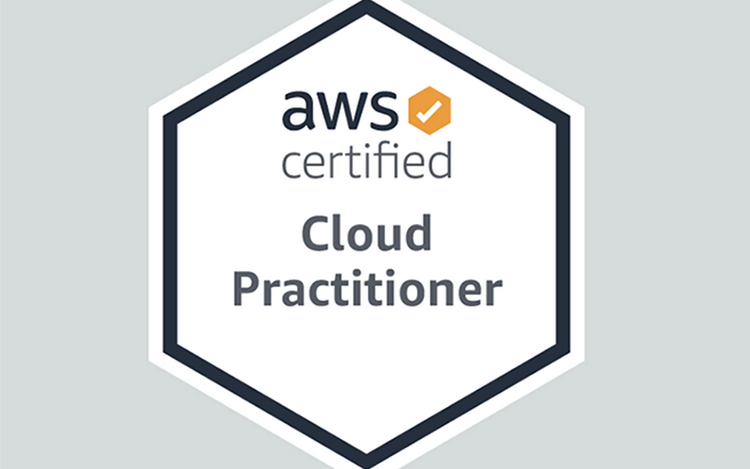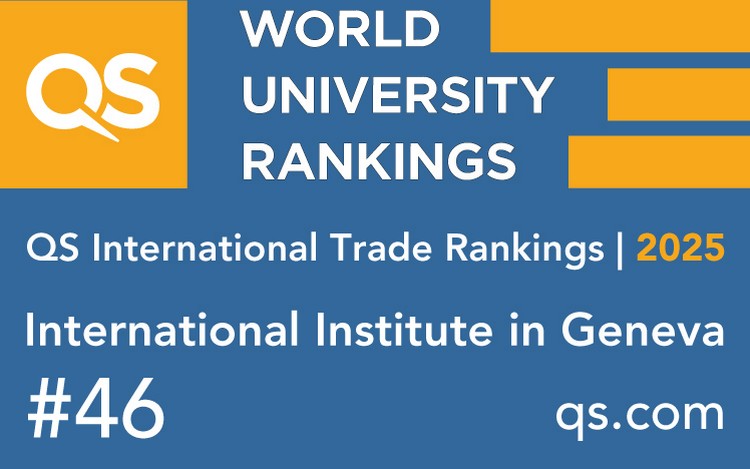Course Descriptions
-
TEC 610 – Introduction to Big Data Analysis The digital revolution continues to transform the world and generates massive amounts of data in all areas of business, science, government, and social media. With more readily available data and the advancements in machine learning/AI, organizations in private and public sectors, governments and consultancy companies are seeking individuals, data scientists, who can explore/analyse/ visualize these data to derive insights, make better decisions and solve real company problems. This course is an introduction to the rest of the program, and it should be used to understand the “Big Picture”: fundamentals of database modelling and design, how to access, integrate, organize, prepare, and transform data for data analytics. Students will have the opportunity to practice data discovery, visualization and analytical techniques through case studies and hands-on exercises using some commercial applications/tools with real data.6.00
-
ECO 610 – Global Economics & Development This course aims to examine the working of a national economy and the critical role that businesses play in it. It provides insights into the workings of economic policy and the issues discussed in current policy debates. It studies business cycles and the impact of policies on short-term fluctuations. It then turns to the longer term by examining economic growth and its drivers. It studies development and the strategies pursued by successful developing countries. It analyses the Sustainable Development Goals and contributes to a better understanding of the need for multilateral and regional economic cooperation and national economic policies for sustainable development. The course provides an understanding of challenges confronting the global economic order, impacts of the trade and investment policies, the role of financial system and the regional market integration.6.00
-
TEC 645 – Programming for Data Analytics and AI The course introduces the most commonly used Python packages for data science. It also provides a tour of some of Python’s essential syntax and semantics, built-in data types and structures, function definitions, control flow statements, and other aspects of the language. The acquired knowledge of Python is applied to Text Mining, which is the process of examining large collections of text corpora to identify relationships, trends, or patterns. Text mining uses natural language processing techniques to transform unstructured information, normally found in text documents, into data suitable to drive machine learning algorithms. The course covers the fundamentals of text mining, the analysis of unstructured data, sentiment analysis, recommender systems, chatbots, and social networks. Along the way, students acquire hands-on experience using relevant Python packages and other software tools in real-world case studies.6.00
-
MGT 657 – Logistics & Project Management This course provides a systematic overview of design, control and improvement of operations, projects, logistics and supply chain related management issues. It renders the rationale and practices of optimizing the global supply chain and leveraging it as a value-creating strategy to gain competitive advantage in the global marketplace. The project management key success factors will be presented, examined, discussed, and applied by the students on concrete projects. In the meantime, it addresses issues related to sustainability, quality management, and the challenges of establishing trust and collaboration amongst operation partners.6.00
-
MGT 620 – Change Management & Environment, Social and Governance (ESG) This course introduces students to organisational design and why, in today’s ever changing macro context, an organisation’s success is dependent on its ability to evolve structures, processes and people in an agile way. Topics include strategy, sustainability, ESG, organisational and individual performance management, leadership and change management.6.00
-
TEC 650 – Artificial Intelligence and Applied Machine Learning The steady growth of artificial intelligence applications has radically penetrated human lives and business organizations. Companies have recognized relevant business opportunities deriving from AI adoption aimed at driving competitiveness, reengineering products or services, or rethinking business strategies. This course is intended to equip data practitioners with practical and theoretical tools for maximizing their impact in the business environment through advanced analytics. It covers organizational and operational challenges related to usage of machine learning in firms, and provides real case studies coming from Manufacturing and Retailing industries.6.00
-
TEC 635 – Exploring, Visualizing & Storytelling with Data We are living in an age of information overload. The vast amount of data we continuously generate can easily become a barrier to fast decision making instead of an enabler. By using effective exploration, visualization and storytelling techniques we can, instead, convert enormous data feeds into meaningful, clear and thorough visual stories that can enable the right business decision at the right time. This is why Data Visualization and Storytelling are among the vital skills that both business analysts and managers at all levels need to acquire to win in the current “Big Data” era.This course covers data exploration and visualization techniques, elements of cognitive and colour theory and provides a practical methodology to move from business questions to impactful visual stories using modern data visualization tools (Power BI). Students will practice their knowledge on real-world data through a number of business case studies.6.00
-
MGT 630 – Turning Idea to Success Innovation can no longer be viewed as a sideshow. It is the way to do business and a key driver of sustainable growth. This module is designed to help students develop the skills and knowledge necessary to turn innovative ideas into successful businesses. Students will learn the importance of innovation for businesses, different types of innovation, how to identify and evaluate potential business opportunities, develop effective business plans, understand the importance of customer validation in business planning and execute on those plans to achieve their goals. The module will cover key topics such as innovation, business development, and business plan development, with a focus on practical application.6.00
-
TEC 698 – Business Analytics - Capstone It’s designed to provide experience in the use of big data, analytics and knowledge gathered from all BA courses. Each student, individually or as a small group, will work on a data analytics project to apply analytics methodologies, techniques, tools and skills learned throughout the program to a real-world problem and present the results, insights, and action points. It could be analytical projects using Tableau, PowerBI, Python, KNIME, and/or Cloud computing services (AWS).6.00
-
NEG 620 – Negotiation This course aims to prepare students for effective negotiations across different and evolving settings, from business to international organisations. Students will learn a variety of negotiation strategies, techniques, and approaches that will immediately impact their negotiation effectiveness and ability, allowing them to succeed in any career where mastering Negotiation Fundamentals is essential. The course will adopt a case study approach, allowing students to develop/improve their knowledge and skills in communication, ethical reasoning, analytical skills, reflective reasoning, multiculturalism, and diversity. Throughout the course, the students will have opportunities to practice and fine-tune the knowledge and skills being taught.6.00
















